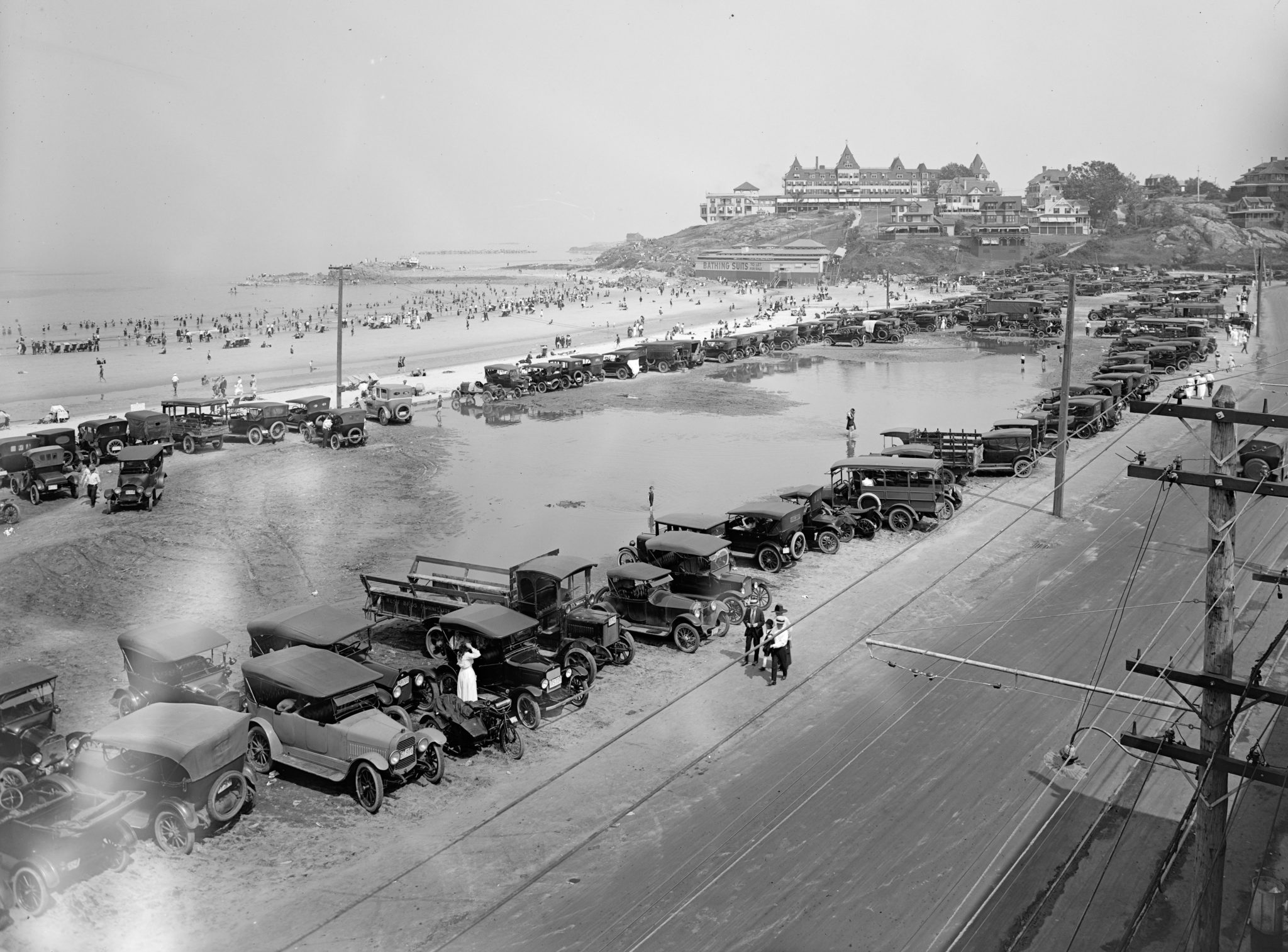
H. L. Mencken
H. L. Mencken, a journo from back in the early 1900s, has some excellent quotes on the reality of democracy. While I don’t agree with him on everything (especially his view on morality), he was an early dissident, before “dissidents” in the modern sense even existed. His insight is useful to avoid the trap of falling into the nostalgic past syndrome.
Here are a few select quotes I enjoyed:
The whole aim of practical politics is to keep the populace alarmed (and hence clamorous to be led to safety) by menacing it with an endless series of hobgoblins, all of them imaginary.
Democracy gives [the beatification of mediocrity] a certain appearance of objective and demonstrable truth. The mob man, functioning as citizen, gets a feeling that he is really important to the world—that he is genuinely running things. Out of his maudlin herding after rogues and mountebanks there comes to him a sense of vast and mysterious power—which is what makes archbishops, police sergeants, the grand goblins of the Ku Klux Klan and other such magnificoes happy. And out of it there comes, too, a conviction that he is somehow wise, that his views are taken seriously by his betters—which is what makes United States Senators, fortune tellers and Young Intellectuals happy. Finally, there comes out of it a glowing consciousness of a high duty triumphantly done which is what makes hangmen and husbands happy.
Democracy is a pathetic belief in the collective wisdom of individual ignorance.
The aim of public education is not to spread enlightenment at all; it is simply to reduce as many individuals as possible to the same safe level, to breed and train a standardized citizenry, to put down dissent and originality. That is its aim in the United States, whatever the pretensions of politicians, pedagogues and other such mountebanks, and that is its aim everywhere else.
Democracy is the theory that the common people know what they want, and deserve to get it good and hard.
The most dangerous man to any government is the man who is able to think things out for himself, without regard to the prevailing superstitions and taboos. Almost inevitably he comes to the conclusion that the government he lives under is dishonest, insane, and intolerable.
A good politician is quite as unthinkable as an honest burglar.
Democracy is the art and science of running the circus from the monkey cage.
The men the American people admire most extravagantly are the most daring liars; the men they detest most violently are those who try to tell them the truth.
When a new source of taxation is found it never means, in practice, that the old source is abandoned. It merely means that the politicians have two ways of milking the taxpayer where they had one before.
Democracy, too, is a religion. It is the worship of jackals by jackasses.
The notion that a radical is one who hates his country is naïve and usually idiotic. He is, more likely, one who likes his country more than the rest of us, and is thus more disturbed than the rest of us when he sees it debauched. He is not a bad citizen turning to crime; he is a good citizen driven to despair.
For every complex problem there is an answer that is clear, simple, and wrong.
The urge to save humanity is almost always only a false-face for the urge to rule it.
A politician is an animal which can sit on a fence and yet keep both ears to the ground.
If a politician found he had cannibals among his constituents, he would promise them missionaries for dinner.
Equality before the law is probably forever unattainable. It is a noble ideal, but it can never be realized, for what men value in this world is not rights but privileges.
The kind of man who wants the government to adopt and enforce his ideas is always the kind of man whose ideas are idiotic.
The fact is that the average man’s love of liberty is nine-tenths imaginary, exactly like his love of sense, justice and truth. He is not actually happy when free; he is uncomfortable, a bit alarmed, and intolerably lonely.
Under democracy one party always devotes its chief energies to trying to prove that the other party is unfit to rule—and both commonly succeed, and are right.
Every decent man is ashamed of the government he lives under.
Nobody ever went broke underestimating the taste of the American public.
Government is a broker in pillage, and every election is a sort of advance auction in stolen goods.
Every normal man must be tempted, at times, to spit on his hands, hoist the black flag, and begin slitting throats.
I am suspicious of all the things that the average people believe.
With my favorite quote being the following:
The larger the mob, the harder the test. In small areas, before small electorates, a first-rate man occasionally fights his way through, carrying even the mob with him by force of his personality. But when the field is nationwide, and the fight must be waged chiefly at second and third hand, and the force of personality cannot so readily make itself felt, then all the odds are on the man who is, intrinsically, the most devious and mediocre—the man who can most easily adeptly disperse the notion that his mind is a virtual vacuum. The Presidency tends, year by year, to go to such men.
As democracy is perfected, the office represents, more and more closely, the inner soul of the people. We move toward a lofty ideal. On some great and glorious day the plain folks of the land will reach their heart’s desire at last, and the White House will be adorned by a downright moron.
Pay some respect to these ideas. Remember that this man lived in the “roaring 1920s” that many of our older generations on the Right want to return to. This is the nostalgia syndrome that can handicap an actual solution by merely taking us back to an earlier version of the very same unsustainable system.
People like us existed in every stage of the American Empire. Our people, those with the spirit of truth, have seen the reality of this government structure since long before we were here. This is why trying to “go back” will not work. Even with our nostalgia glasses for the older times, the disease was progressing, and the situation was untenable.
Some interesting thoughts, especially from a man stuck in a time we now look back fondly toward. If this was his understanding, even during that time, it should give us pause to desire a return to it.
Read Next:
Does America Have The Moral Authority To Criticize Russia?
The Federal Police Are Not Friends To Dissidents
If you enjoyed this article, bookmark the website and check back often for new content. New articles most weekdays.
You can also keep up with my writing by joining my monthly newsletter.
Help fight the censorship – Share this article!

